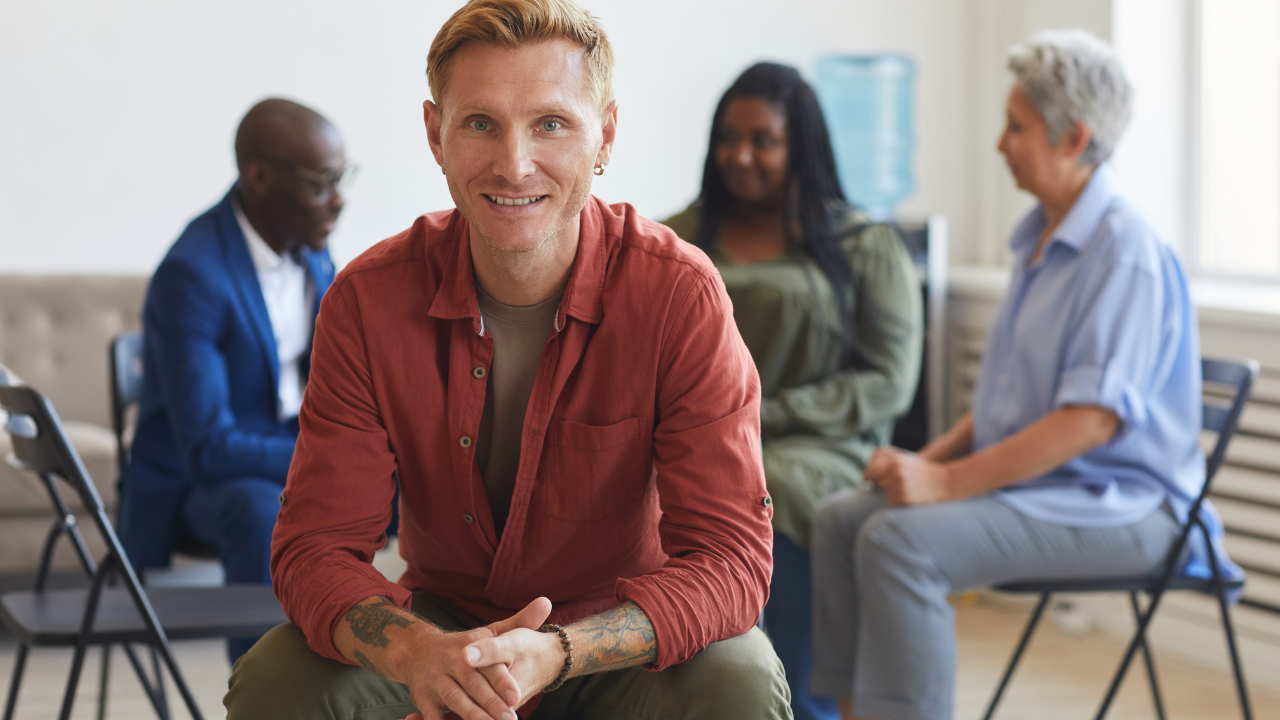7 Powerful Drug Rehab Activities to Boost Your Recovery Journey
Starting your recovery journey can feel overwhelming—especially when you’re unsure what to expect each day in a treatment program. But here’s the truth: what you do during drug rehab matters. The drug rehab activities you engage in aren’t just “fillers” between therapy sessions—they’re proven tools meant to help you grow, heal, and rediscover yourself.
If you’re looking for a way to make the most of your time in recovery, embracing holistic, experiential, and community-driven activities could be your secret weapon. Whether you’re at the beginning of your recovery or walking a longer road, this guide shares seven powerful drug rehab activities that can elevate your healing and help you stay grounded.

1. Group Therapy: Connecting Through Shared Experience
Group therapy is the foundation of many recovery programs—and for good reason. In these sessions, you sit with others walking their own paths through sobriety. You’re not alone anymore. Through listening and sharing, you gain new perspectives, emotional support, and motivation to keep showing up for yourself.
When you’re part of a well-led group, the validation you feel from others who “get it” can be life-changing. If you’re struggling with shame or guilt, hearing that someone else has felt that too may help you forgive yourself. That sense of connection might be what turns your recovery corner.
Explore various group formats available at Transformations Care Programs, including dual-diagnosis support groups, IOP group sessions, and trauma-informed care groups.
2. Art and Music Therapy: Healing Without Words
Sometimes it’s just too hard to talk. That’s where creative therapies come in. Drug rehab activities like painting, journaling, playing instruments, or listening to music can help you process deep-rooted emotions in a safe and expressive way.
With art therapy, your hands can do the talking when your voice can’t find the words. Music therapy might help you tap into long-suppressed emotions—and once they rise to the surface, trained counselors can help you safely work through them.
Creative therapies are a core feature of holistic rehab programs. These non-verbal outlets often provide the breakthrough moments that talk therapy alone cannot reach.
According to the National Alliance on Mental Illness (NAMI), expressive therapies can significantly improve mood disorders and reduce anxiety—common challenges during early recovery.
3. Mindfulness and Meditation: Resetting the Nervous System
When you’ve lived with addiction, your nervous system is constantly in overdrive. Drugs and alcohol may have numbed the pain temporarily, but they also kept your fight-or-flight response spinning. That’s why mindfulness practices are critical in addiction treatment.
Simple breathing exercises, guided meditations, or even mindful walking give your mind a break and teach your body to feel safe again. These techniques can help reduce cravings by slowing down automatic reactions and helping you make more intentional choices.
Drug rehab activities at Transformations Care include daily mindfulness sessions tailored to your emotional state. Plus, many of our clients use mindfulness apps like Headspace or Calm and complement these sessions with professional guidance from our licensed mindfulness therapists.
More Mindfulness Resources:
4. Fitness and Physical Wellness: Move Your Way to Mental Health
Getting your body moving is essential for healing your brain. As your physical strength improves, so does your confidence—a vital piece of sustainable recovery.
Physical activity produces dopamine and endorphins, which help regulate your mood. Even light exercise—like walking or stretching—can go a long way in counteracting depression and anxiety. Many residential rehab programs incorporate fitness routines that match your physical abilities and interests.
Our holistic therapy programs include yoga classes, daily walks, strength training, and breathing-focused movement techniques that bridge the mind-body connection.
If you’re not confident working out, don’t worry. Every activity is adapted to your needs, and our trauma-informed fitness trainers are trained to help you feel safe and supported.
5. Nature-Based Therapy: Reconnecting with the World Around You
When you’re battling addiction, it’s easy to become disconnected—from people, your body, your purpose—even the world around you. Spending time in nature can help you rebuild that sense of connection and give you moments of clarity you didn’t even know you needed.
Whether it’s hiking with peers, gardening in a therapeutic setting, or simply breathing under the sun, being outdoors can improve mood and reduce stress. According to the Centers for Disease Control and Prevention (CDC), green environments promote mental restoration and reduce anxiety.
At Transformations Care, we offer guided outdoor therapy as part of our PHP program. These activities aren’t just refreshing—they are designed to support physical healing and emotional regulation during detox and beyond.

6. Life Skills Training: Preparing for the “Real World”
Drug rehab isn’t just about detoxing—it’s about building a life worth staying sober for. Life skills training is a practical yet powerful part of recovery that prepares you for long-term success.
These drug rehab activities help you relearn daily functions you may have lost during active use. Cooking, job readiness, financial planning, time management, and communication are just a few skills you’ll have the chance to reclaim. At Transformations Care, we incorporate skill-building into every phase of care—from medical detox to sober living.
If you’re planning your transition post-treatment, check out our sober living homes, which reinforce independence with accountability, structure, and ongoing peer support.
7. Alumni Programs and Community Integration: Stay Connected After Rehab
True healing continues long after your stay in rehab. That’s why alumni programs and aftercare support are some of the most valuable ongoing rehab activities. These services reconnect you with the recovery community, offering a place to feel seen, heard, and understood—even months or years after treatment ends.
Our Alumni Support Program offers regular meetups, group counseling, peer mentorships, and opportunities to give back. More than just social, these programs help hold you accountable and give you a sense of purpose.

Key Takeaways
- Drug rehab activities are essential for healing your mind, body, and spirit—not just “filler time.”
- Group therapy helps you build community and connect emotionally with others in recovery.
- Creative therapies like art and music allow for deep, non-verbal expression and healing.
- Mindfulness and physical movement restore balance to your nervous system and improve mental health.
- Time in nature physically and emotionally reconnects you to the world and supports inner peace.
- Life skills training preps you for life outside of rehab, from budgeting to employment.
- Aftercare and alumni groups provide crucial long-term support post-treatment.
Frequently Asked Questions (FAQ)
What are drug rehab activities?
Drug rehab activities are structured programs that support your recovery in emotional, physical, and practical ways. They can include therapy, exercise, mindfulness, creative work, life skills training, and more.
Do I have to participate in every activity?
No, every treatment plan is tailored to your needs. You’ll work with a care team to find the right balance that supports your goals without overwhelming you.
Are holistic activities as effective as traditional therapies?
Yes! Holistic therapies like mindfulness, art, and nature walks can significantly support recovery, especially when combined with evidence-based treatment like CBT or DBT. According to the National Institute on Drug Abuse, integrated approaches lead to better long-term outcomes.
How can I stay involved after completing rehab?
Stay connected through alumni programs, community support groups, outpatient therapy, or sober living environments. These tools help maintain accountability and boost motivation.
Are family members involved in drug rehab activities?
Absolutely. At Transformations Care’s Family Program, loved ones participate in therapy, education sessions, and recovery planning. Family healing is key to long-term success.
Strengthen Your Recovery with Transformations Care
If you’re ready to go beyond basic treatment and rediscover a life filled with connection, growth, and purpose, the right drug rehab activities can make all the difference. Whether you’re seeking inpatient care, looking for a flexible outpatient program, or want a holistic approach, we’re here to guide you every step of the way.
Reach out today to explore your options and reclaim your future—because you deserve a recovery journey that feels as empowering as it is healing.




















